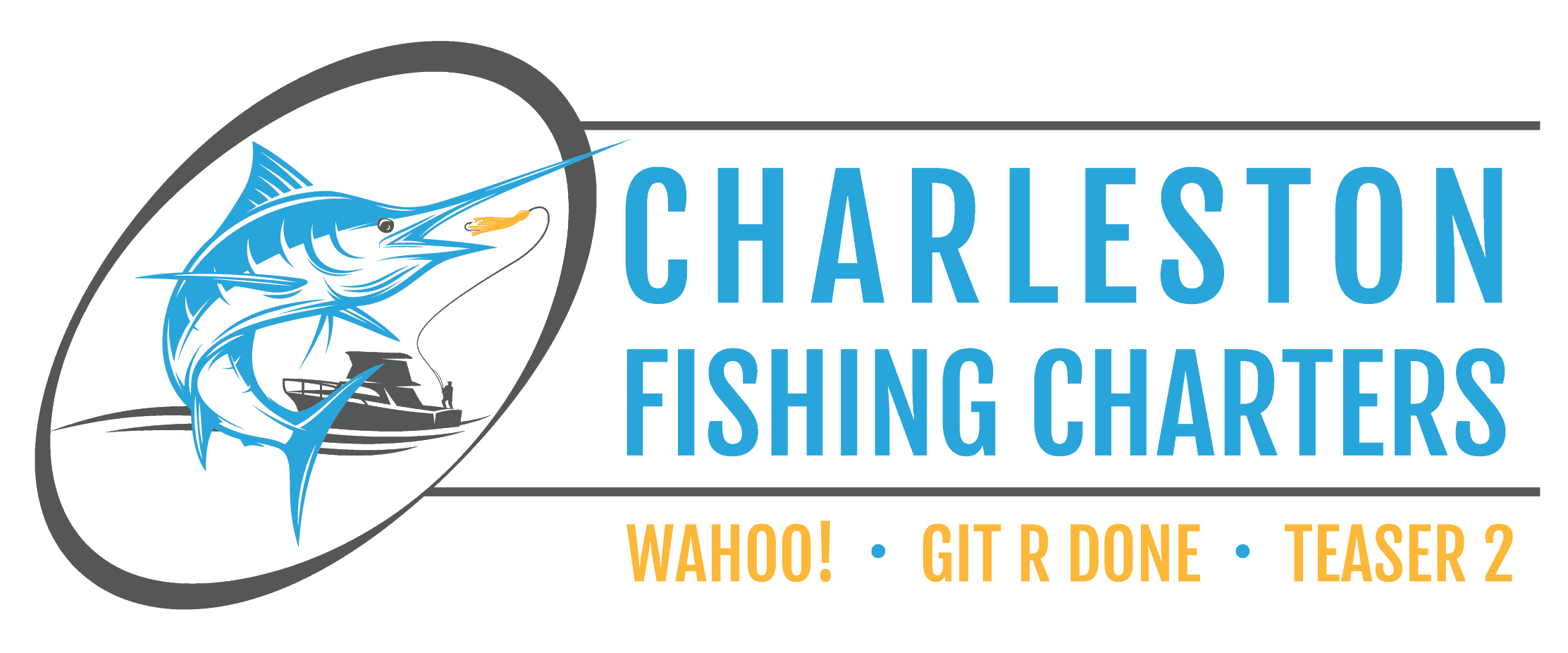The ways in which our bodies maintain balance and equilibrium are complex and miraculous. There is constant communication between the vestibular structures (the inner ear) and the brain. The brain, in turn, sends messages to the muscles in our backs and limbs to help us stay upright, even when the surface below our feet is moving. Being on board a boat provides an array of stimuli, which is of course what makes the experience enjoyable. The smell of the sea air, the cries of sea birds, the sounds of the water, and the sights all come together as part of the fishing trip. Those stimuli, however, can overwhelm our delicate balance system, and the end result is the misery known as seasickness.
Prepare your Body
Leading up to your trip, prepare your body to handle the conflicting stimuli it will receive from standing on a moving surface while the boat around you appears still. Avoid overeating, or eating fatty, acidic, or spicy foods. Eat easily-digestible foods that don’t upset your stomach in the few days leading up to your trip, and avoid excessive alcohol use.
Avoid Seasickness Triggers
Direct sun, strong smells, and anything else that contributes to nausea is likely to bring on seasickness or make it worse. If you’re feeling ill, consider lying down in our well-appointed guest room for a while. If you feel as if you’re going to vomit, don’t wait, get to the head as quickly as you’re able. The crew will understand. We’ve seen a lot of seasick fishermen, and we have sympathy rather than chuckles.
Gaze into the Distance
This may sound a bit romantic, but glancing or staring at the horizon will actually help your body adjust to the motion of the sea and calibrate your inner ear to the stimuli of the movement. Avoid reading for long periods of time or staring at other stationary objects. Your body needs to match the feeling of movement with a visual confirmation. If you don’t feel well enough to stand on deck looking out at the horizon, lie down and close your eyes to reduce the stimuli and allow your body time to adjust.
Don’t Forget Medication
Dramamine and other medications are quite effective for most people. Don’t forget to pack some, even if you’re not prone to seasickness ordinarily. It’s a simple thing to slip a small bottle of medication into your supplies, and you’ll be very grateful you did if it turns out you need it. Remember, anyone can suffer from seasickness at any time, even veteran sailors. Coming prepared can mean the difference between a miserable trip and enjoying a beautiful day of fishing on the Wahoo.
